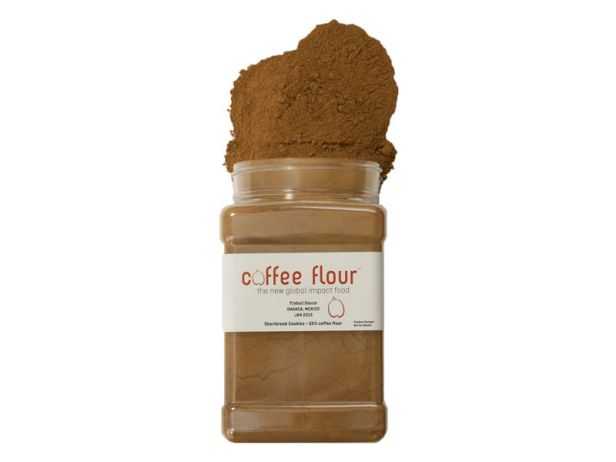You may think that — thanks in large part to the Starbucks-ization of the latte industry — that coffee has already been made into every conceivable form. But in its latest incarnation, you’ll be more likely baking with it than brewing it. That’s because it’s turning up in a trendy new ingredient called coffee flour.
This innovative product is made not from coffee beans, but from the usually discarded fruit that surrounds the bean. “Each year, the billions of coffee beans that eventually make their way into our Americanos, lattes and cappuccinos are harvested from the coffee plant by milling and extracting them from the coffee cherry,” explains Dan Belliveau, CoffeeFlour founder.
“The fruit surrounding the bean is often dumped into rivers or left to rot in heaps, but we’ve invented something better to do with it.” That means that instead of being discarded, those 40 billion pounds of coffee cherries can be put to good use and provide additional, consistent income for coffee farmers.
Besides having a cool environmental and sustainability story behind it, coffee flour is also pretty good for you. “It’s gluten-free, and per gram it has more fiber than whole-wheat flour, more iron than spinach and more potassium than a banana,” says Belliveau.
So by mixing it into baked goods (in combination with other flours), smoothies and sauces, you’ll be giving your recipes a little nutritional boost. Surprisingly, coffee flour doesn’t taste much like coffee — it adds more of a fruity, citrus note to dishes. And while it does contain some caffeine, it’s significantly less potent than your average cup of java.
That’s because the coffee cherry (from which the flour is made) contains only about one-third of the plant’s caffeine, and the bean (which winds up as your latte) packs the other two-thirds. In other words, no need to worry about getting too buzzed from your baked goods alone.
Sally Wadyka


















